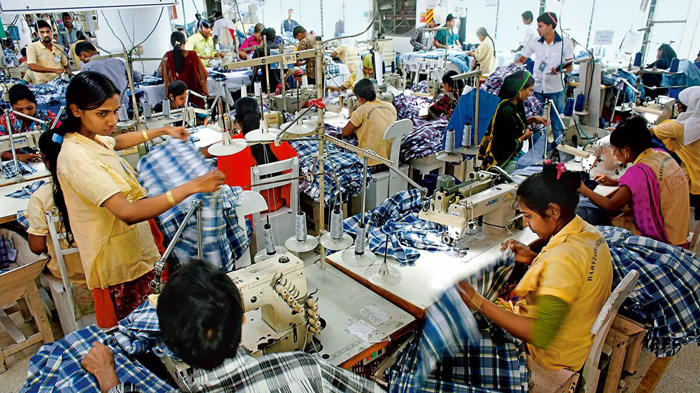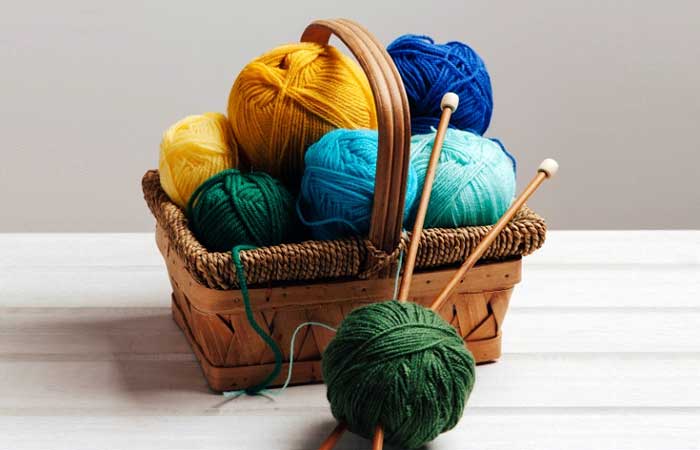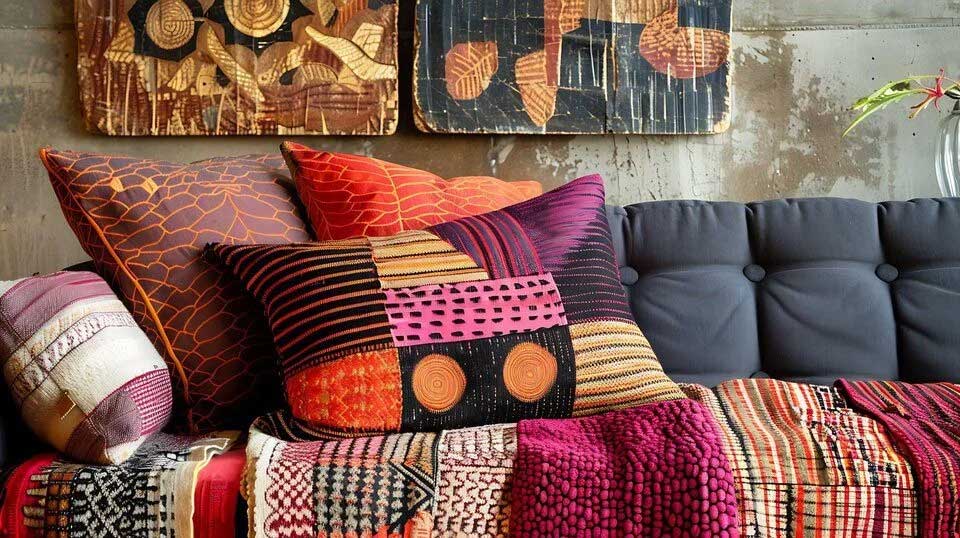South Africa’s clothing retailers have decided to purchase more of domestically manufactured clothes, shoes and leather goods over the next few years in an attempt to boost the industry.
This undertaking by some of the biggest players in the country’s retail sector will boost the acquisition of locally produced goods from its present level of 44 per cent to 65 per cent by 2030.
In addition illegal imports will be tackled and unions have bound themselves to adjustments in the employment environment, which would increase competitiveness. More than 60 per cent of textile, clothing, shoes and leather products for the local market are presently imported. Manufacturing companies have promised substantial investments over the next five years. The implementation of the textile master plan will create an additional 1,20 000 employment opportunities in the value chain, with 70, 000 of these being in manufacturing.
The textile industry has been pleading for protection and intervention since the 1990s. The industry has lost about 1,20, 000 jobs since the drastic reduction of import tariffs during that period. The industry presently employs about 95, 000 people and contributes 2.9 per cent to South Africa’s GDP. Abundance of cheaper products from China led to the loss of nearly two-thirds of the sector’s jobs over the past two decades.












